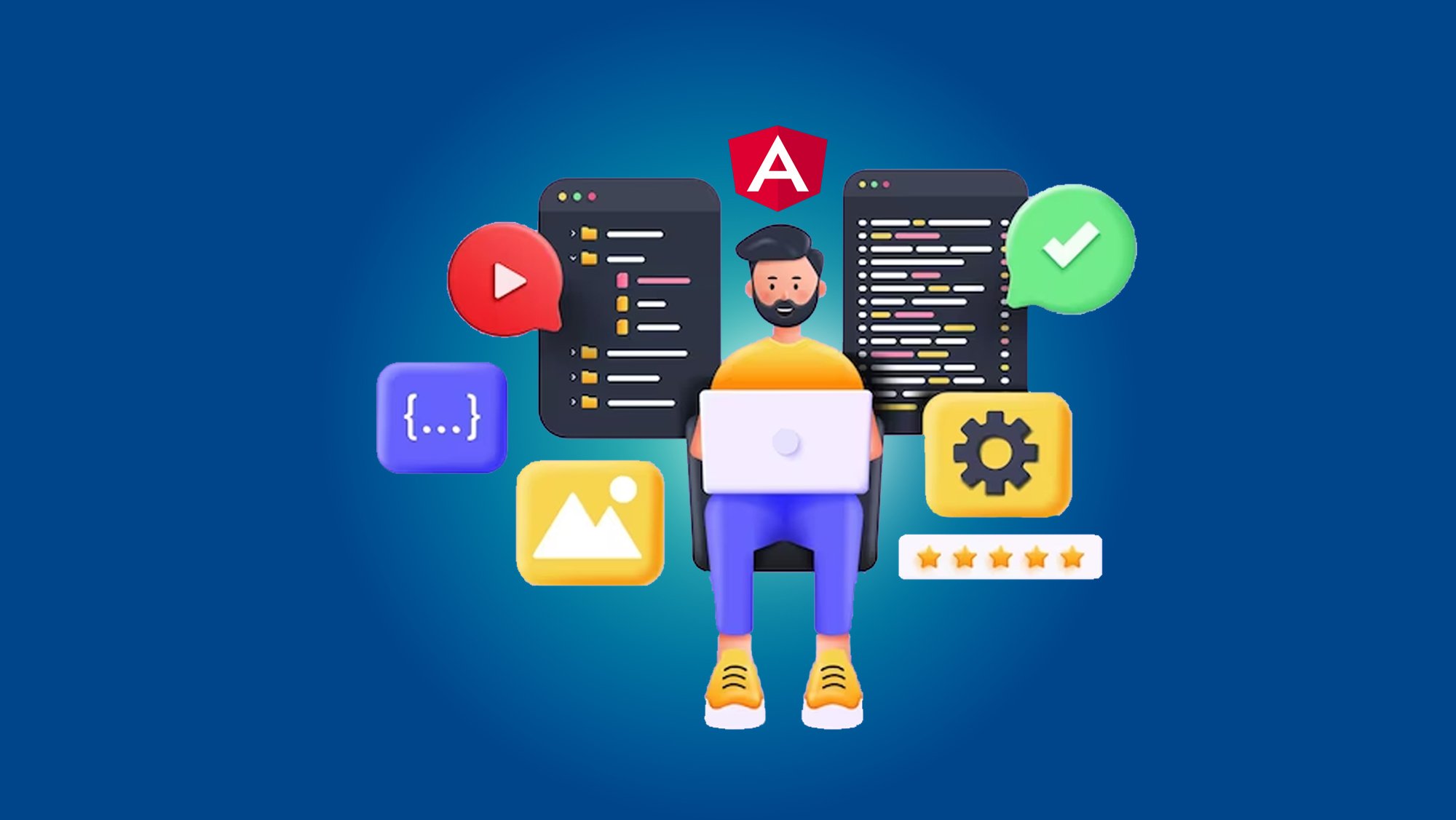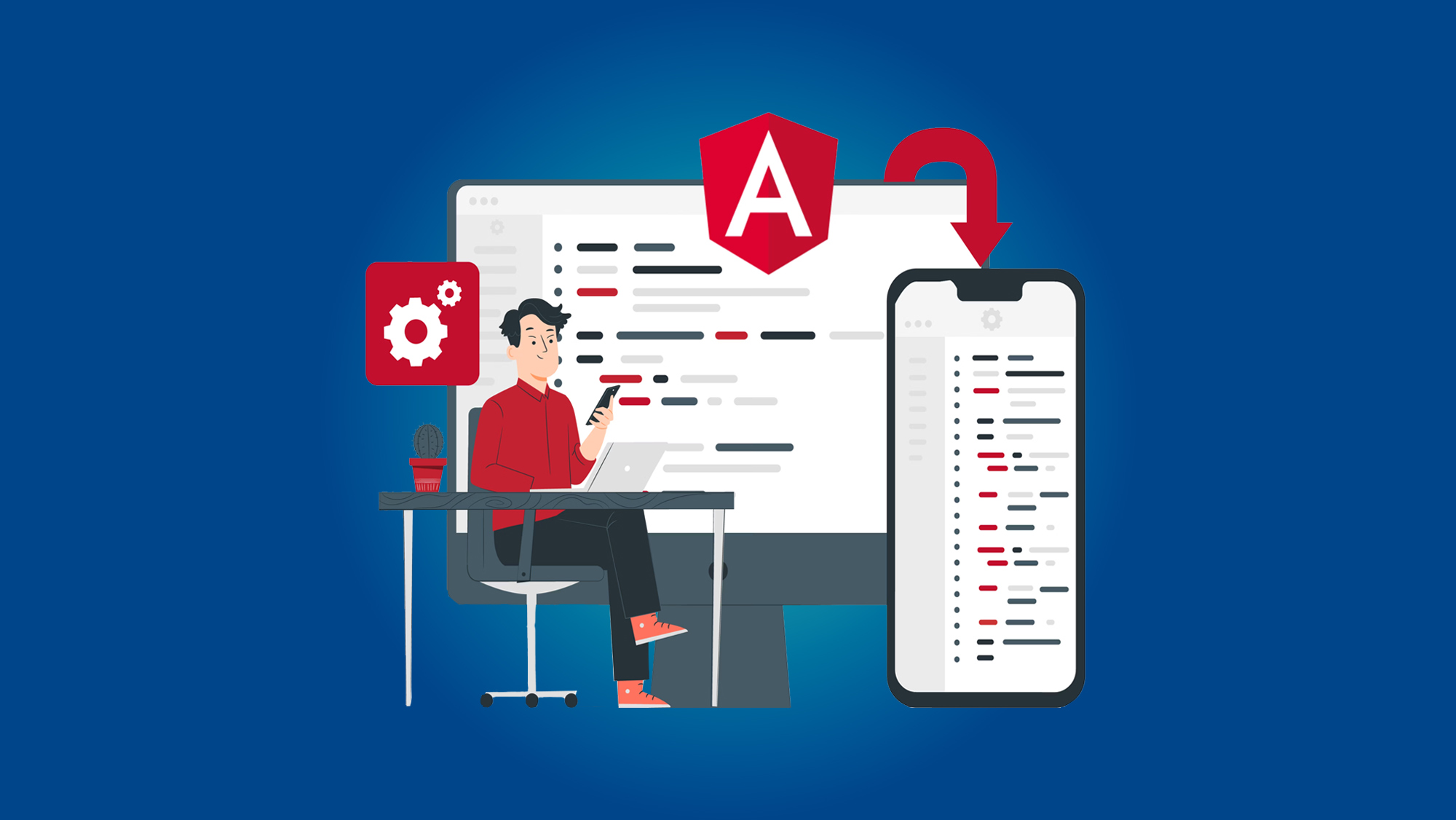Why is Angular 4 Training Important?
- Enhanced Productivity: Angular 4 offers a wide range of features and tools that can significantly improve developer productivity. Training helps developers understand these features and how to leverage them effectively, resulting in faster and more efficient development workflows.
- Industry Demand: Angular 4 is widely used in the industry, and many organizations rely on it for their web application development. Having Angular 4 skills can enhance your employability and open up a plethora of job opportunities.
- Modern Web Development: Angular 4 embodies modern web development principles and best practices. Training ensures that developers stay up to date with the latest trends and techniques in web development, enabling them to build robust, scalable, and high-performance applications.
- Modular Architecture: Angular 4 follows a modular architecture, making it easier to manage and maintain large-scale applications. Training equips developers with the knowledge to design and structure their applications in a modular and reusable manner, resulting in more maintainable codebases.
- Community Support: Angular 4 has a vibrant and active community of developers. Training provides access to this community, allowing developers to seek guidance, share knowledge, and collaborate with others, which can be invaluable for problem-solving and continuous learning.
Who needs Angular 4 Training?
Angular 4 training is essential for web developers, front-end developers, and software engineers who want to enhance their skills and proficiency in building dynamic web applications. It is beneficial for students and graduates pursuing a career in web development, as well as IT professionals aiming to upskill or transition into web development. Angular 4 training equips individuals with the knowledge and expertise required to stay current with industry trends and successfully develop scalable and efficient web applications using the framework.
What are the Key Components of Angular 4 Training?
- Introduction to Angular 4: Understanding the basics of Angular 4, its features, and its role in modern web development.
- Angular 4 Architecture: Exploring the architecture and structure of Angular 4 applications, including components, modules, templates, and services.
- TypeScript Fundamentals: Familiarizing participants with TypeScript, the language used in Angular 4, including its syntax, data types, classes, and modules.
- Data Binding: Understanding the various types of data binding in Angular 4, such as property binding, event binding, and two-way binding.
- Directives and Pipes: Learning about directives and pipes, which are essential features of Angular 4 for manipulating and transforming data.
- Routing and Navigation: Exploring how to implement routing and navigation in Angular 4 applications to create multi-page experiences.
- Forms and Validation: Understanding how to build forms in Angular 4, including form controls, validation, and handling form submissions.
- Dependency Injection: Exploring the concept of dependency injection in Angular 4 and how it helps manage dependencies and improve application performance.
- Testing and Debugging: Learning how to write unit tests and perform debugging in Angular 4 applications using tools like Karma and Protractor.
- Best Practices and Performance Optimization: Understanding the best practices for Angular 4 development and techniques for optimizing application performance.
- Building Real-World Applications: Applying the learned concepts and techniques to build real-world Angular 4 applications, gaining practical experience.
- Continuous Learning and Resources: Providing resources and guidance on how to stay updated with the latest Angular 4 developments and participate in the Angular community.
Angular 4 Career Opportunities
- Front-End Developer: Angular 4 expertise is highly sought after by companies looking to build modern and interactive web applications. As a front-end developer, you can use Angular 4 to create user interfaces, implement business logic, and optimize the overall user experience.
- Angular Developer: Specializing in Angular 4 development, you can work as an Angular developer, focusing on building and maintaining Angular-based applications. This role involves designing application architecture, implementing features, and troubleshooting issues.
- Full-Stack Developer: With knowledge of both front-end and back-end development, you can work as a full-stack developer, leveraging Angular 4 for the client-side portion of your applications. This role allows you to handle end-to-end development, from UI design to server-side integration.
- Web Application Developer: Many organizations rely on Angular 4 for building scalable and responsive web applications. As a web application developer, you can utilize Angular 4 to create robust and feature-rich applications, catering to the specific needs of businesses across various industries.
- Angular Consultant: With in-depth knowledge of Angular 4, you can work as a consultant, assisting organizations in adopting Angular 4 and optimizing their development processes. This role involves providing guidance, conducting code reviews, and suggesting best practices to improve Angular-based projects.
- Angular Trainer/Educator: If you enjoy teaching and sharing your Angular 4 expertise, you can pursue a career as an Angular trainer or educator. This role involves conducting workshops, training sessions, or online courses to help individuals and teams learn Angular 4 and enhance their skills.
- Freelance Developer: As an Angular 4 developer, you have the opportunity to work as a freelancer, taking on projects from clients who require Angular-based web applications. This offers flexibility, autonomy, and the ability to work on diverse projects.
Conclusion:
Angular 4 is a powerful JavaScript framework that offers developers a robust and efficient platform for building dynamic web applications. With its modular architecture, TypeScript support, and extensive feature set, Angular 4 enables developers to create scalable and responsive applications. The demand for Angular 4 skills continues to grow, presenting numerous career opportunities in web development. Whether it's as a front-end developer, Angular specialist, or consultant, mastering Angular 4 can open doors to exciting and rewarding roles in the ever-evolving field of web development.







No Comments Yet
Let us know what you think